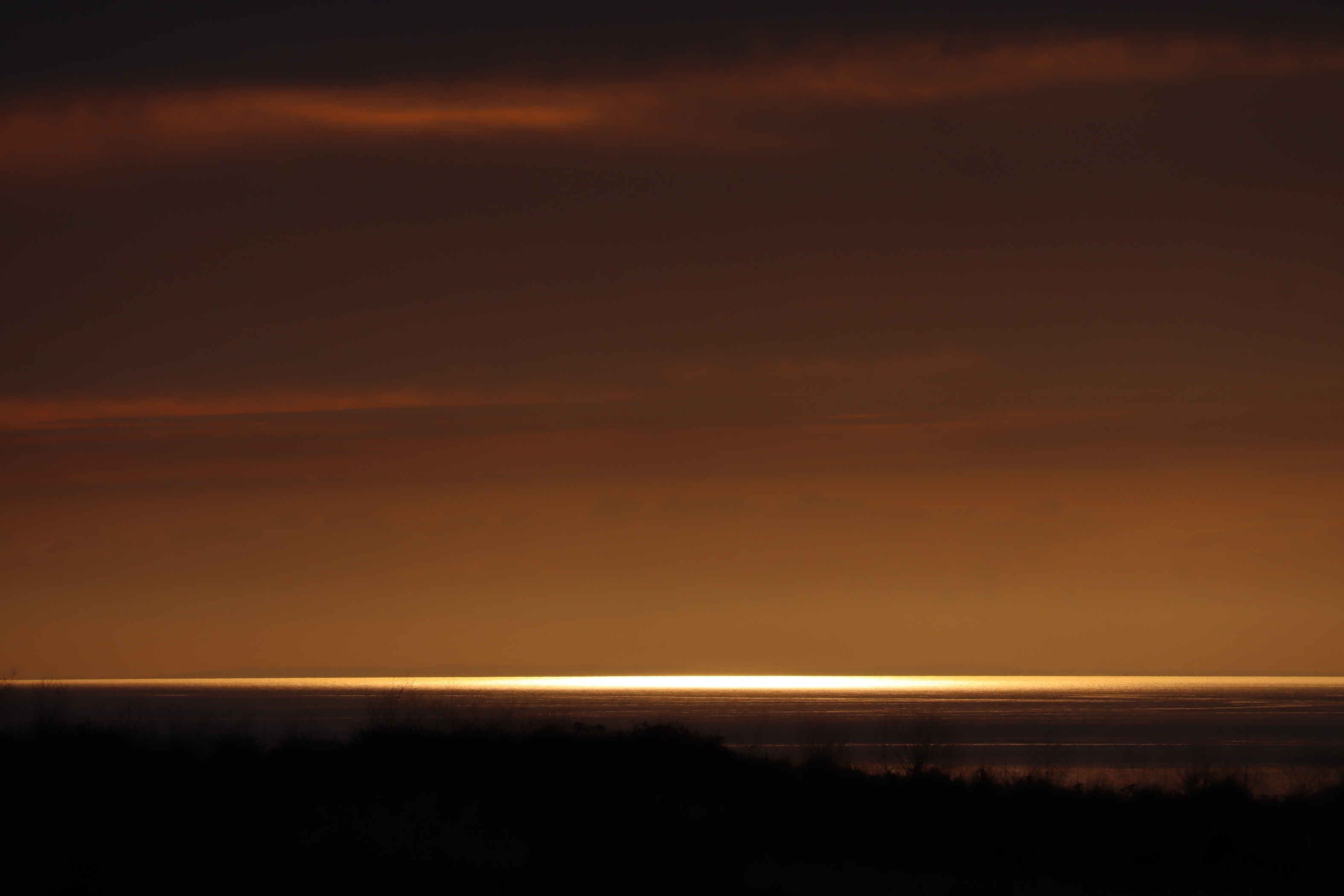Oct. 28 - Dec. 7
Course: Readings, discussions, exercises, prompts: pictures, songs, anecdotes, and assignments
Duration: Four (4) classes, 1 hr 30 min each class
Meets: Online, one-on-one, self-paced, emails and/or zoom
Outcome: Feedback, and edit of final poems. And ideas for possible projects
Workshop fee: 220 USD, via PayPal
To enrol, pay, enquire: [email protected]
Summary
Life is not at all limited to and by the everyday; life is rather expanded by the everyday. What makes a day is not only a cycle or bubbles of circles; there are squares as well as dots and zigzags and ellipsis; there are also parallel lines and erased lines. The more we sleep, the more we wake; the more we open doors, the more we shut doors; what we see, what we do not see; the animals we know, the animals we are; the flow of fluid, be it on a table or from one container to another; places we go, beds we dress, papers we touch, objects we name; the laces, the mirrors, the fragrances, the wooden frames, the voices, the songs, the steps, the dances and dishes, the metals and metaphors, and so on that make up domestic or work or public spaces.
This is the same way the erotic is not limited to and by a single act. Just the way a day is made, so is the erotic. The erotic is a continuum. The erotic is as private as it is public. A cup of tea is as erotic as a table of four friends, the same way catching a train or tying shoelaces or asking for help at fruit shops or playing in the rain or sleeping or going for aimless walks or combing your hair or a canvas of art can inspire deep and harmless gratification.
How can the poet use what they see, what they touch, hear, smell, taste—within resources of the everyday—to embody and query the erotic? How can the erotic and the erotic poem be reinvented?
Poems are as short as they are long. Poems are open-ended and not.
In this workshop, the focus is on tapping erotic essences from everyday conversations, memories, chores, rituals in revealing and exemplifying the force and the feel buzzing in spaces the poet occupies, shares, or imagines. The pace of activities, the intersection between randomness, digressions, and fate. The poet is encouraged to pay attention to the unlimited measure of play, joy, beauty present in moving or static objects, in verbal or nonverbal expressions, in still memories, and so on.
What are the languages of Eros? What is the language of Eros?
This workshop is, in more ways than tools, an appreciation of the life force inherent in nature, inherent in the shape and behaviour of things.
In her seminal essay, Uses of the Erotic: The Erotic as Power, Audre Lorde says:
“The erotic functions for me in several ways, and the first is in providing the power which comes from sharing deeply any pursuit with another person. The sharing of joy, whether physical, emotional, psychic, or intellectual, forms a bridge between the sharers which can be the basis for understanding much of what is not shared between them, and lessens the threat of their difference.”
“Another important way in which the erotic connection functions is the open and fearless underlining of my capacity for joy. In the way my body stretches to music and opens into response, hearkening to its deeper rhythms, so every level upon which I sense also opens to the erotically satisfying experience, whether it is dancing, building a bookcase, writing a poem, examining an idea.”
“For once we begin to feel deeply all the aspects of our lives, we begin to demand form ourselves and from our life-pursuits that they feel in accordance with that joy which we know ourselves to be capable of. Our erotic knowledge empowers us, becomes a lens through which we scrutinize all aspects of our existence, forcing us to evaluate those aspects honestly in terms of their relative meaning within our lives.
“In touch with the erotic, I become less willing to accept powerlessness, or those other supplied states of being which are not native to me, such as resignation, despair, self-effacement, depression, self-denial.”
It should be noted that this workshop is open to all kinds and possibilities of poems, and open to everyone interested in the erotic.

